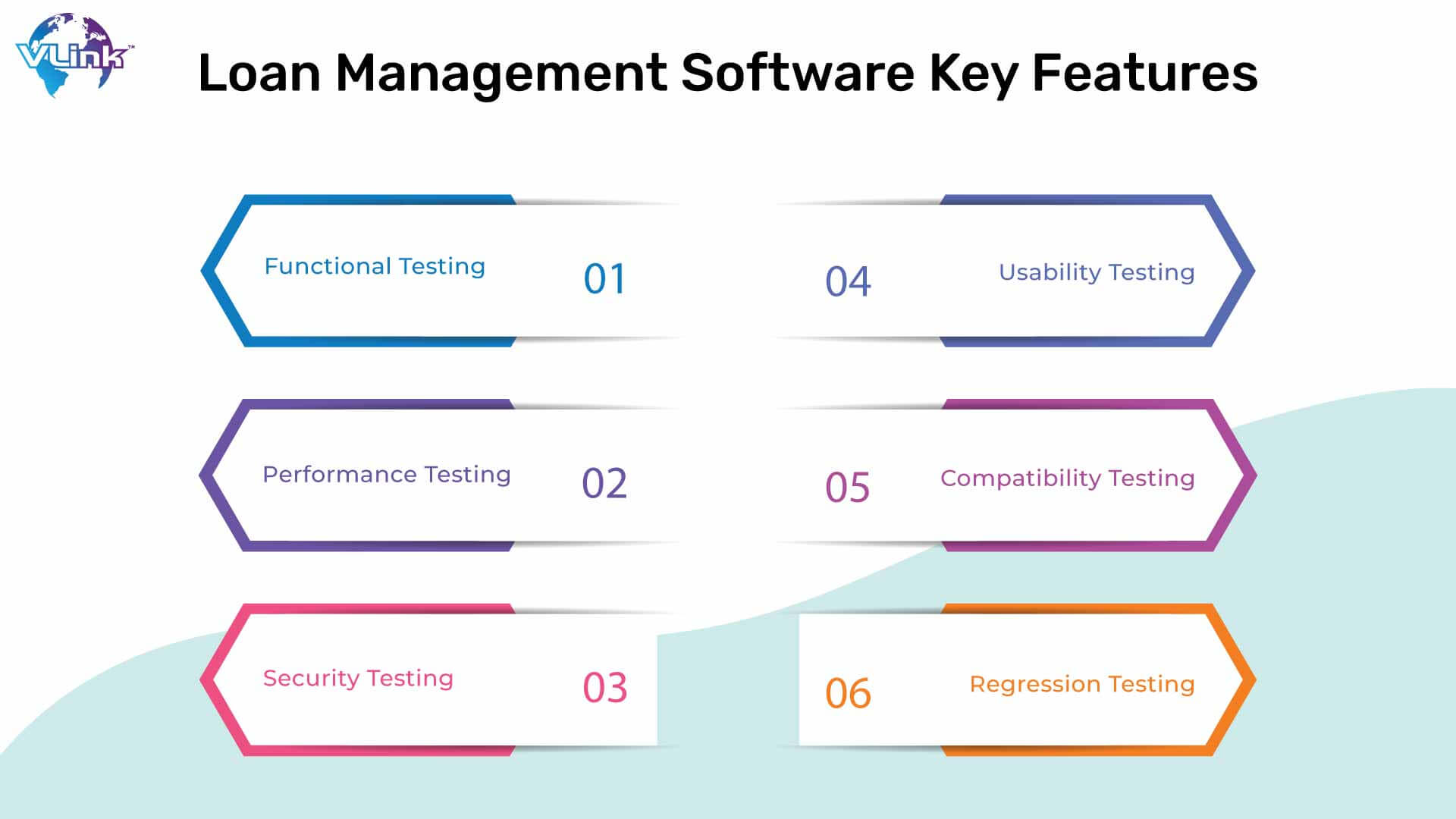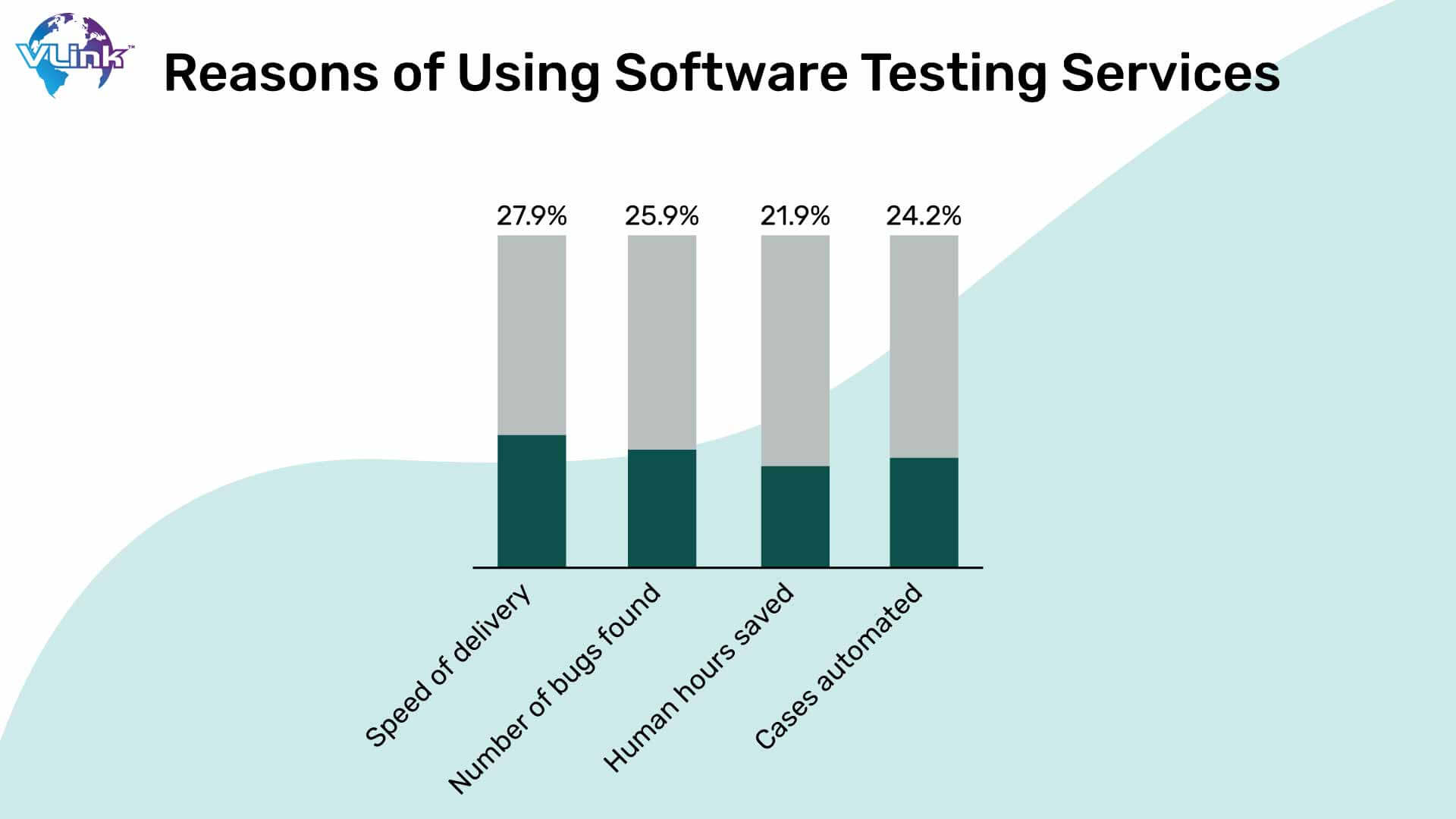Software has become a crucial part of the business. The global enterprise software market size is expected to reach USD 404 bn by 2028, rising at a market growth of 11.1% CAGR. But, to stay competitive, you need high-quality software products that meet clients’ expectations. That’s where performance testing plays a vital role!
Performance testing is an essential part of QA software testing services. It ensures an application's stability, reliability, and sensitivity under different workloads. In this blog, we will explore the importance of performance software testing.
Let’s first start with its brief introduction and types:
What is Quality Assurance Software Testing?
Quality assurance testing is a systematic process of assessing a software application to confirm its compliance with predefined requirements and proper functioning. This procedure includes verifying and validating software to guarantee reduced errors, high functionality, and adherence to established quality benchmarks.
Quality assurance testing aims to detect any flaws, mistakes, or potential issues within the software before it reaches the end users. It ensures a higher level of software quality.
Also Learn: The Impact of Software Testing & Quality Assurance In SDLC
Types of Quality Software Testing?

Functional testing is quality assurance that ensures the alignment of a software’s operational requirements with its required goals. This process needs the validation that the software operates to meet user expectations.
Such testing procedure discovers a lack of errors and the stability of the app’s functionality, which includes its features, interface, and input/output processes.
Performance testing ensures the software application's performance criteria align with predicted outcomes. It evaluates the software's abilities across diverse workloads and usage situations, including its speed, responsiveness, scalability, and stability.
By simulating diverse usage scenarios, this QA process detects and resolves potential bottlenecks or inefficiencies that could impact the software's performance.
Security testing is a crucial aspect of quality assurance in software testing. It encompasses the execution of assessments to uncover potential vulnerabilities, risks, or threats. It may harm the software application's integrity, confidentiality, and availability.
Usability testing is a significant category within QA testing, with the primary objective of assessing the usability of a software application. This testing inspects the interface design, functionality, and overall user experience. So, end users can effectively navigate and engage with the software application.
Compatibility testing is important in QA testing. It examines a software application's adaptability to various devices, operating systems, web browsers, and other software applications.
This testing process ensures the software can execute its chosen functions consistently across diverse platforms. Through compatibility testing, software developers can improve any compatibility challenges impacting the app's performance and user experience.
Regression testing’s main purpose is to find defect errors or potential issues. This comprehensive testing approach incorporates several technologies like smoke, functional, and integration testing. It aims to uphold the software application's integrity and functionality.
Importance of Software Testing Services for Better Product Performance
Reasons for using software testing services are shown in the figure below:

Enhancing user experience
Another reason QA software testing is an important part of mobile app development is that it enhances user experience. A software app meets the specified requirements and functions to provide a better user experience.
Performance testing service identifies and fixes defects, errors, or potential problems in the software application that can impact the user experience. So, QA software testing services ensures that end-users have a positive customer experience while using software application.
Ensuring scalability
As an application's user base grows, so does the demand for its resources. Performance testing helps determine how well an application can scale and manage increased workloads, ensuring that it can continue to perform optimally even as it grows.
Improving reliability
Reliable software performs as per user requirements and can build customer trust. Testing service enhances the app’s reliability with several security testing techniques such as security, performance, usability, and many more.
Software performance testing validates that an application acts according to customer demands. It helps to find many possible defects through complete testing or exhaustive testing.
Minimizing cost and time
QA testing helps to minimize development costs. It’s less expensive to analyze and fix bugs or prospect issues in the software during the release stage. As a result, performance testing reduces development costs by identifying defects or errors in the initial state of mobile app development services.
Supporting integration with other components
Performance testing is limited to standalone applications and plays a crucial role in ensuring the seamless integration of software components or functions. By analyzing prospect problems during integration, performance testing helps to create a more cohesive and efficient software.
Ensuring Compliance
A software application that meets the required quality and functions complies with industry standards and regulations. Performance testing helps to identify and fix bugs or potential issues in the software application that can impact compliance with industry standards and regulations.
This process reduces any potential risks that may arise from non-compliance.
Improving Product Quality
The main reason for using software testing is to improve the quality of products. Only bug-free software applications that meet users’ requirements can be maintained.
During the software performance testing, an app undergoes several testing methods, writing test cases and test scenarios to validate error-free applications.
Consider VLink as a Partner for QA Software & Testing Services!
With a proven track record and a professional team, VLink offers a range of services for seamless product performance. We will deliver robust and reliable software products to your clients.
We understand the importance of software testing services for continuous improvement and collaboration. Our dedicated team of experts work closely with your development team, providing valuable insights and feedback throughout the testing process.
At VLink, we offer comprehensive test reporting and documentation that lets you track the progress of QA activities and make informed decisions for seamless product performance.
Frequently Asked Questions
To set up a testing environment, follow these steps:
- Define your testing goals and requirements.
- Choose appropriate hardware and software resources.
- Isolate the testing environment from production.
- Install necessary testing tools and frameworks.
- Create test data and scenarios.
- Establish testing protocols and documentation.
- Execute tests, analyze results, and iterate as needed.
- Ensure security and data privacy measures.
- Maintain and update the testing environment regularly.
- Document the setup for future reference.
Regularly review and improve your testing environment to ensure accurate and reliable results.
Software testing offers several benefits for the retail sector:
- Enhanced Customer Experience: Testing ensures that e-commerce platforms and POS systems function seamlessly, providing customers with a smooth shopping experience.
- Error Reduction: Identifying and fixing software bugs reduces the risk of system failures, payment processing issues, and inventory inaccuracies.
- Cost Savings: Testing helps prevent costly disruptions, such as website crashes during peak sales.
- Data Security: Ensuring the security of customer data through testing builds trust and compliance with data protection regulations.
- Competitive Advantage: Reliable software can lead to higher customer satisfaction and a competitive edge in the market.
Software testing services improve customer satisfaction by ensuring that software and applications work correctly and reliably. It reduces the likelihood of crashes, errors, or security breaches, providing customers with a seamless and secure user experience.
Higher software quality leads to happier customers who are more likely to return and recommend the product or service to others.






